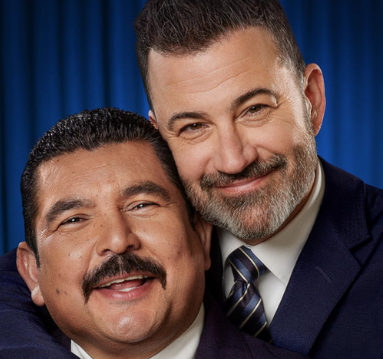OPRF should be open to detracking
No student or teacher needs to watch “America to Me” to know that OPRF does not work for all students. Just by looking at any honors classroom here, anybody could tell that there are serious issues in how OPRF separates students. How to best address this problem is an extremely divisive issue for students, parents, and teachers.
One way high schools around the nation are combating “school-within-a-school” segregation is through detracking. There has been a national conversation surrounding detracking for decades. Even the National Association of Secondary School Principals has advocated against detracking, saying on its website that tracking’s unintended consequences make it an obsolete practice in the context of high expectations for all.”
Despite what different people thought about detracking before the D200 Board of Education adopted the policy, everybody in the OPRF community should give the new “Honors for All” curriculum the best chances of succeeding.
I am primarily in honors classes. Current OPRF honors classrooms are not as educational or engaging as they could be because of OPRF’s school-within-a-school segregation. When my classes have discussions, the perspectives are limited and generally homogeneous. On the other hand, I have friends who are as intelligent, passionate, and creative as anybody at OPRF but who are discouraged from taking or lack the confidence to take honors classes.
Some parents in the OPRF community, generally parents whose students are on the honors track, are afraid their students will miss out on the opportunities OPRF’s honors classes offer. However, once detracking has been implemented, students who would have previously taken honors classes will have access to the same opportunities as before. Parents should be excited about the updated freshman curriculum, which was described by division heads during the Oct. 26 Freshman Curriculum Restructuring Webinar. I recommend watching the webinar, which is posted on the OPRF YouTube account.
Dot Lambshead Roche, a community member and OPRF alumna, said that when she taught social studies to freshmen in Chicago, she remembers “how many students who were in non-honors classes that were absolutely crushing it … They were more than capable of doing honors-level work,” she said. “They did not have access to their full potential.”
One hope is that by letting students experience honors classrooms freshman year, these students will have the confidence to choose honors and AP classes sophomore through senior years.
“The point of the restructured freshman curriculum is that we change the identities of our students, that academic identity that our students have, their perception that I am or am not capable of honors work,” said Assistant Superintendent of Student Learning Laurie Fiorenza during the webinar. “What we want to do is expose all of our students to honors work so they will see themselves and expect themselves to achieve at high levels.”
OPRF is broken into two different communities. Every OPRF student is missing out on all our school has to offer. The segregation hurts everything, including Trapeze. This year’s all-white editorial board and nearly all-white staff have restricted perspectives, making it difficult to achieve our goal of representing all voices of the OPRF community.
I’m excited for my sister, a current sixth-grader, to experience a more equitable and complete OPRF. I’ve had some wonderful teachers and enriching classes at OPRF, but it’s weird to think that many of my peers are having a very different experience. I hope that by the time she graduates, OPRF will support more students in taking advantage of the wonderful opportunities our school has to offer.
I do not think the policy the school board has adopted will solve everything. However, adopting a well-tested and recommended policy like detracking is a step in the right direction. The possible benefits far outweigh the risks. Now is not the time to be having discussions on whether detracking will work; the
policy has already been adopted. The OPRF community should be open-minded about the change and make sure detracking has the best chance of working.
Students, parents, and teachers should all consider “what are our respective roles in making this successful,” said Linda Francis, a former OPRF parent who was involved in African-American Parents for Purposeful Leadership and Education and various committees including the Equity Committee and Community Council. Students should ask themselves, “How am I staying open to getting to know and being in relationships with students that may not be like me? How am I staying open to the fact that I could be learning from that experience and from different perspectives…It’s about looking at it from a more solution standpoint than a combative standpoint,” said Francis.
“Giving (detracking) a good, honest go is one of the best things we can do,” said Lamshead Roche. “I think we’ll be grateful we went for it.”





